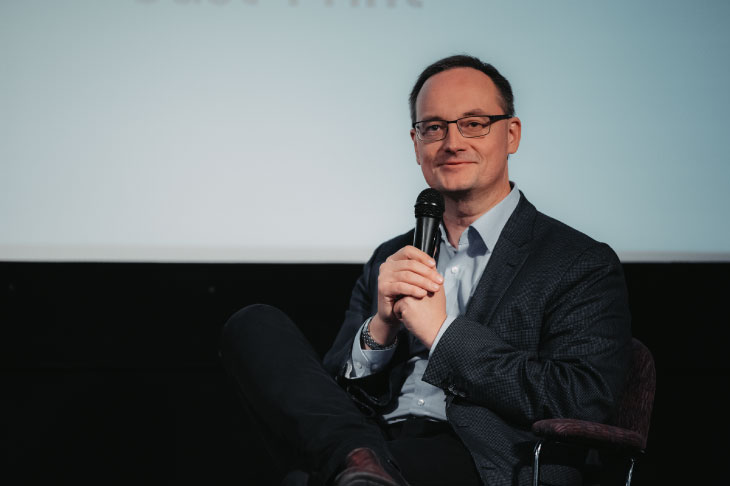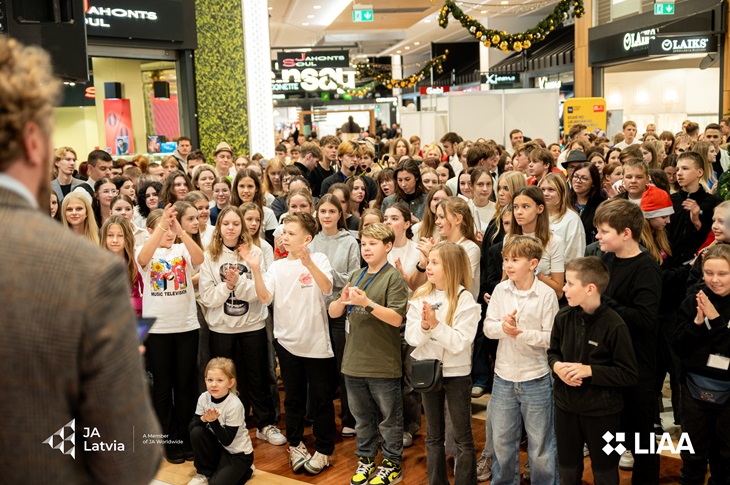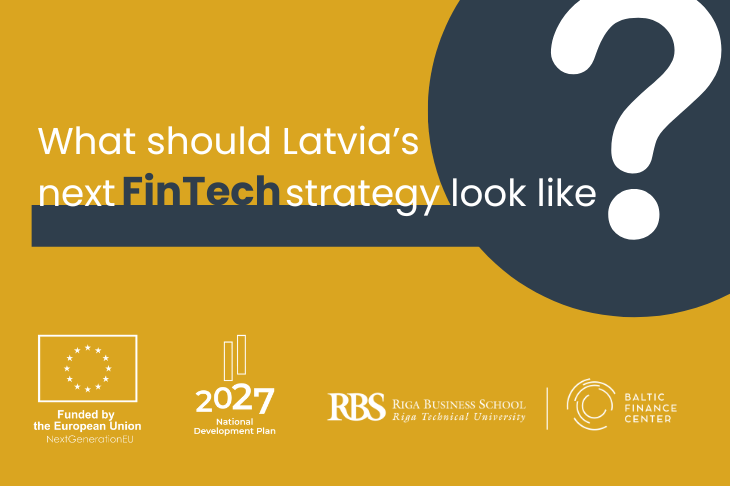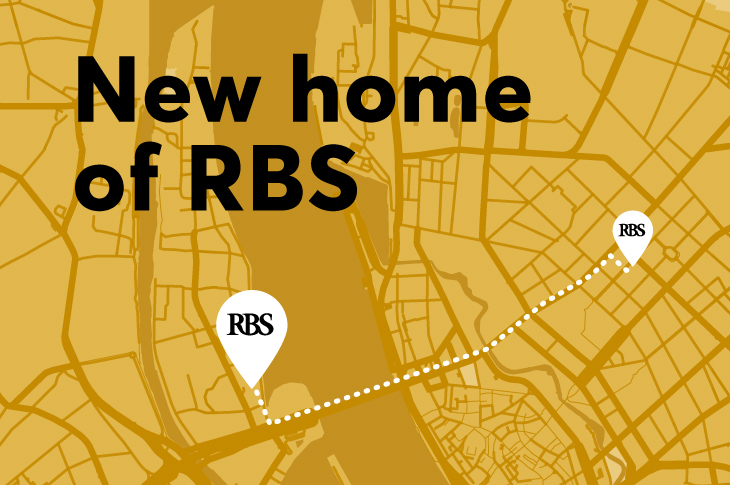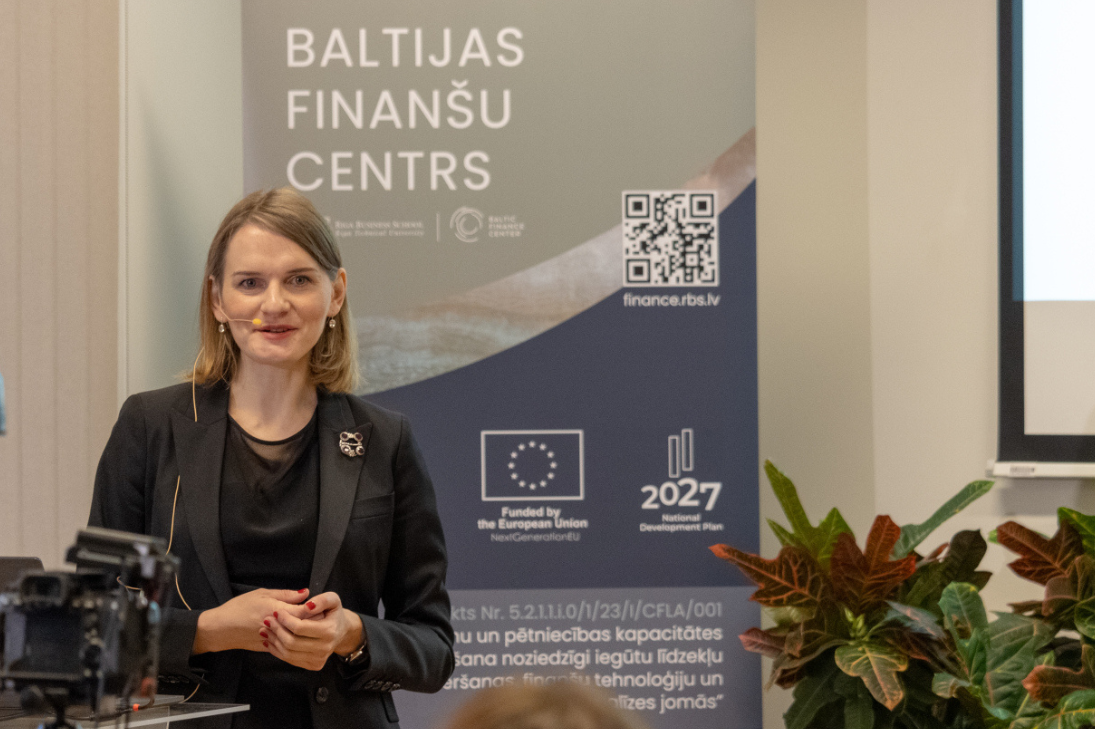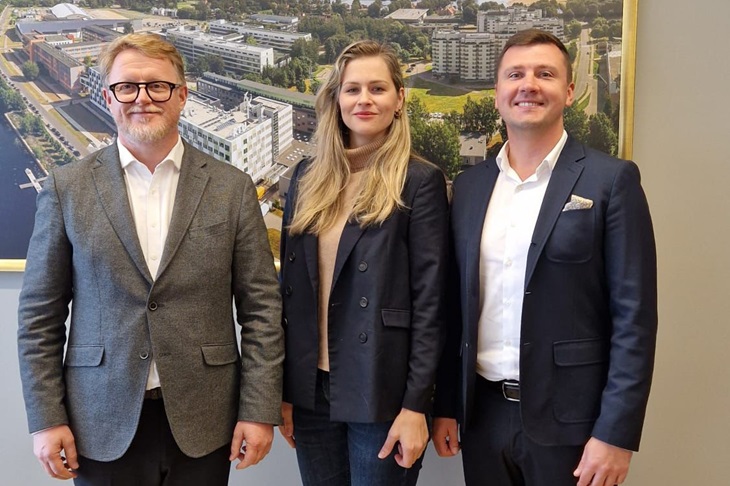Pop culture and media are filled with images of the lonely entrepreneur-visionary. Hearing the word Tesla, Elon Musk most likely pops into our mind, and Facebook we frequently associate with Mark Zuckerberg. But it is not entirely true. At least it is not the whole truth in regards to the creation and growth of these companies. In their origins the founding team played a crucial role.
One or many?
When starting the company single-handedly, its founder can be sure that the project they envision will not be derailed because of mutual misunderstandings and irreconcilable differences. Whereas, when the company is founded by a team, all their time and skills are available for the implementation of the idea and initially there is no need to pay a “market price” for them which significantly increases the ability to advance faster and with a smaller budget. These two are the most frequently used arguments when discussing whether new companies should be founded by one or several partners.
The clearer the new business idea initially is, the more its success depends on the implementation of an understandable business plan – the more important the argument regarding the reduction of the risk caused by conflicting opinions. Therefore, to create companies with “understandable” products and services it is usually enough and sufficient to have one founder. And vice versa, the more unclear the idea to be developed, demanding a longer development phase, the longer the team has to operate in the “dark”, without safely proven belief in the demand for the new product and viability of the envisaged business model, the bigger is the role of the time and skills dedicated by the entire initial team in the success story. This extends the time available to resolve these uncertainties. The second situation is applicable to start-ups – a globally ambitious idea with scalable business model – cases, and this is exactly the reason why the successful commercial outcome is mainly based on profound founding teams.
What makes a profound founding team?
Simply put – it is a team with members having complementary skills and expertise, as well as a common vision of what goal needs to be achieved and what are the main strategic principles to attain it.
If the first notion about complementary expertise is intuitively clear and its existence can be assessed quite simply, then alignment of the vision and growth strategy frequently turns out to be much more complicated task, to which inexperienced start-up founders initially do not devote a sufficient amount of time. This, in turn, significantly increases the risk that in the critical moments to the existence of the company (and those can be quite many during the first years of the start-up), its founders will not be able to agree on how to proceed further. You cannot climb the mountain if all the climbers are unsure which slope to ascend or if they even disagree on the fact which mountain should be conquered first.
This risk can be significantly reduced if the founders, during the beginning of cooperation, devote a sufficient amount of time to discuss and align their vision on what they really want to create in the end. Of course, having such a conversation does not provide an ultimate guarantee that these opinions will not change in the course of time but a unified initial understanding regarding the goals of the start-up and the basic principles of achieving them, is probably the biggest investment to the success story of this start-up that its founders can make.
Setting up teams and working in teams also is one of the topics we actively discuss with the participants of the pre-acceleration program “Innovation Academy”. At the end of January, work will begin with the teams that have applied for participation. There are a few spots left for fierce teams ready for development. The program is administered by Riga Business School as a structural unit of RTU.
You can apply for participation in the “Innovation Academy” pre-acceleration phase by January 10 here:
Viesturs Sosārs, Riga Business School Entrepreneur in residence, “Innovation Academy” Program Director
